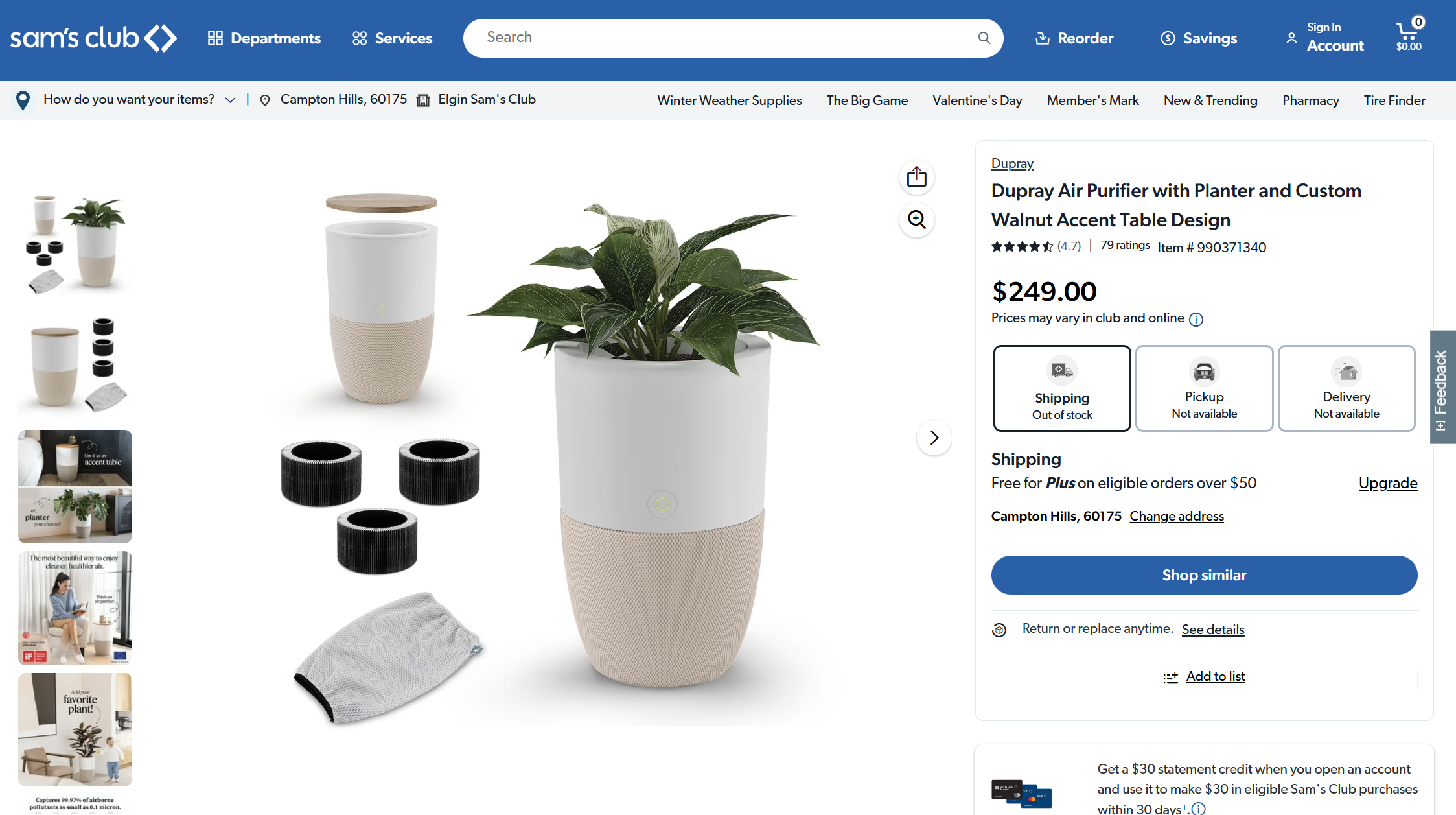If you sell products to major retailers, you’ve likely come across the term retailer compliance chargeback — and possibly even received one. These penalties can quickly eat into your profit margins and cause major frustration for brands trying to scale in retail.
In this article, we’ll break down what retailer compliance chargebacks are, common examples, and how you can successfully dispute or prevent them.
What Is a Retailer Compliance Chargeback?
A retailer compliance chargeback (also known as a vendor chargeback) is a fee imposed by a retailer on a supplier for not following the retailer’s specific operational or logistical requirements.
These compliance rules typically cover areas like:
- Shipping and packaging requirements
- Labeling and documentation standards
- Delivery timing and accuracy
When a supplier fails — or is perceived to have failed — to meet these guidelines, the retailer may automatically issue a chargeback. In most cases, the retailer simply deducts the amount from your next payment, without prior notice or discussion.
Common Types of Retailer Chargebacks (with Examples)
Every retailer has its own vendor compliance manual, but here are some of the most common reasons suppliers get hit with chargebacks:
1. Shipping and Packaging Non-Compliance
Retailers often have strict packaging and shipping specifications.
If your pallets, cartons, or labels don’t meet their standards, you could face a penalty.
- Example: Using the wrong pallet type or missing carton labels.
- Typical Penalty: $50–$500 per occurrence.
2. Late or Early Deliveries
Retailers require products to arrive within a narrow delivery window.
Delivering too early or too late can trigger a chargeback.
- Typical Penalty: Several hundred dollars per shipment.
3. Incomplete or Incorrect Documentation
Missing or inaccurate paperwork — such as EDI documents or shipping labels — can lead to compliance fees.
- Typical Penalty: $10–$1,000 per incident.
4. Shortages or Overages
Shipping fewer or more units than ordered can also result in chargebacks.
- Typical Penalty: Often tied to the cost of the missing or excess items, plus additional administrative fees.
Each retailer’s chargeback policy is detailed in their vendor guide or supplier agreement. It’s critical to review these documents carefully before fulfilling orders.
How to Dispute or Counter Unfair Chargebacks
Unfortunately, chargebacks are often issued in error or without sufficient evidence. Some retailers are known for issuing frivolous or mistaken deductions.
At Retailbound, we’ve seen how unjustified chargebacks can hurt a supplier’s bottom line — and we’ve helped many clients successfully challenge them. Here are a few real-world examples:
✅ Case 1: “Missing” Carton Labels
A client was charged for missing carton labels. Our 3PL partner provided timestamped photos of every carton loaded onto the truck — all properly labeled.
Result: Retailer reversed the chargeback.
✅ Case 2: Alleged Product Shortages
A retailer claimed a shortage on a shipment. our 3PL partner produced detailed serial numbers and photographic evidence of every pallet shipped.
Result: Retailer recounted inventory and canceled the chargeback.
✅ Case 3: “Late” Delivery
A client was fined for late delivery, but their 3PL partner’s carrier logs and timestamps showed the shipment arrived within the designated window.
Result: Chargeback rescinded.
✅ Case 4: Non-Compliant Packaging
A retailer alleged improper packaging. our 3PL partner submitted video proof of the packing process, demonstrating full compliance.
Result: Chargeback overturned.
Best Practices to Prevent Retailer Chargebacks
To minimize chargebacks, follow these proactive steps:
- Know Each Retailer’s Vendor Guidelines – Review and understand packaging, labeling, and delivery requirements.
- Keep Detailed Records – Photograph and log every shipment, pallet, and carton.
- Use EDI Compliance Tools – Automate data accuracy and documentation.
- Work with a Retail Operations Partner – Experts like Rush Order or Retailbound can help monitor compliance and resolve disputes.
- Audit Regularly – Conduct internal audits before shipping to ensure full compliance.
Ready to Grow Your Retail Channel (Without Chargeback Headaches)?
Chargebacks are part of doing business with large North American retailers — but they don’t have to derail your success.
If you’re preparing to launch your product brand into retail, Retailbound can help you navigate vendor compliance, retail strategy, and channel management. Since 2008, we’ve helped hundreds of brands launch and grow in over 150+ retailers across the U.S. and Canada.
📞 Contact us today to learn how our retail experts can help you reduce chargebacks, strengthen buyer relationships, and grow your retail sales profitably.
About the Author
Yohan Jacob is the President and Founder of Retailbound, a full-service retail channel management agency that helps emerging and established product brands launch and scale in major retail stores.
Retailbound’s team of former retail buyers and channel experts provides end-to-end support, including:
- Retail strategy development
- Buyer engagement and negotiations
- Sales and channel management
- Retail marketing support
Whether you’re a startup or an established brand, Retailbound helps you bridge the gap between product creation and retail success.



